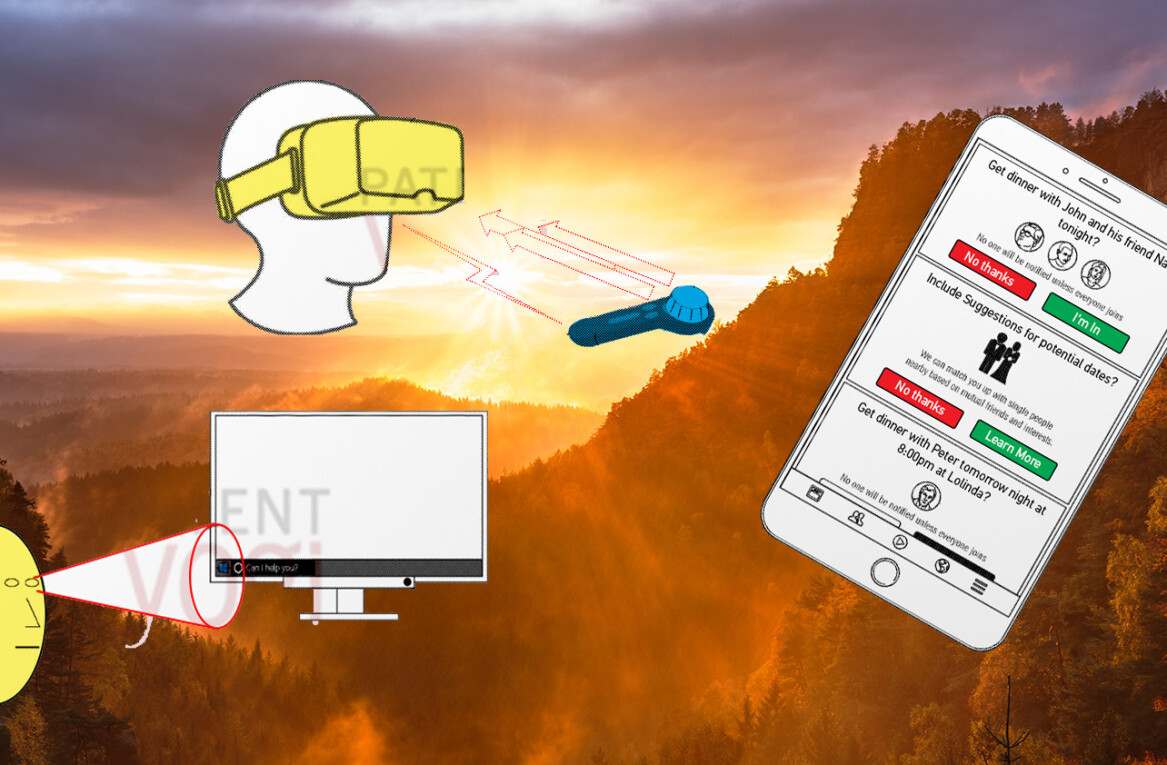
There’s something intriguing going on at the intersection of knowledge and cryptocurrency – and it’s poised to globalize access to online knowledge.
On one side of the equation, we are seeing massive growth in the uptake of online learning. And one the other, we see technology ready to deliver this learning on a global scale, providing access and security to millions.
The growing commodification of knowledge
Much of the growth in online learning comes via niche experts earning a second income by sharing their own knowledge, like these online traders. This idea of commoditizing knowledge – hugely popular in the gig economy – is helping to democratize information and know-how and creates a culture steeped in continuous learning.
As futurist Jacob Morgan explains, “Want to know how to change the oil in your car, organize your office in an efficient way, or learn a new computer program? It’s all available through social media, YouTube, Google, and many other outlets. These days, instead of being an apprentice and working your way up the company, all you need to be the smartest person in the room is a smartphone.”
How big is the potential market here? Billions big.
Global Market Insights estimates that the e-learning market will grow from 2016’s $150 billion to more than $240 billion over the next seven years. This growth will come from companies, enterprises and individuals accessing online learning opportunities.

A growing segment of this industry is the one-on-one consultation or coaching market. Take, for example, a life coaches who checks in once a week to see how your goals are going. Or an legal consultant who charges by the hour for advice and strategizing.
This kind of one-on-one knowledge needs a way to be easily commoditized. The knowledge brokers need to be paid – without the expense and hassle of exchange rates and foreign currencies; and the knowledge seekers need a safe and easy way to do so, no matter where they live or work.
All around the world, people are exchanging this kind of information use existing apps like Skype and What’sApp. The technology works, but there’s a problem – it’s inefficient when it comes to payment, and it leaves out a large segment of the people who need it.
For the people seeking the advice online, they are often asked to pay in advance – even if they don’t know how long the consultation will last. For the consultants, if they allow payment after the consult based on the actual length of the call, they risk not receiving payments at all, or waiting for a long time for it.
Enter cryptocurrency, and the blockchain-based knowledge exchange platform Experty.io, a decentralized consulting platform that allows the consultant to be paid directly by the caller based on the length of the call, in cryptocurrency.
For example, a legal consultant sets her rate per minute for consults, and the caller pays for exactly the amount of time used. And it’s all handled on Ethereum blockchain technology, making the transaction safe, secure and seamless.

Building the non-marketplace solution
Of course, with any type of blockchain-based service like this, there’s a major downside – how to recruit people to use your marketplace. In fact, for many ICOs, getting people to join and use a new marketplace takes a significant chunk of their working capital.
And we are all creatures of habit – we want new services to work seamlessly inside the existing platforms we are already comfortable with.
This is where Experty.io’s ideas differ from many blockchain platforms; the system meets the seekers and providers where they already are.
“We decided to depart from the classic approach of creating our own Marketplace where users can search for a specialist,” explains CEO and founder Kamil Prezeorski. “The current market is already supersaturated with services in which knowledge seekers can easily find experts – who are already verified. We wanted to take advantage of that, rather than start over.”
The answer, Prezeorski believes, is a totally decentralized solution.
“Users just simply share their Experty.io contact information wherever they already market themselves – social profiles, on their websites, Twitter, etc.,” he explains.
The call takes place on the Experty calling platform, and payment happens automatically based on the length of the call, using cryptocurrencies.
This approach overcomes two big obstacles to the traditional marketplace approach – identifying and verifying the experts and getting them to join; and finding potential customers to use the service.
A truly global solution to knowledge acquisition
Aside from the simplicity of the idea, there’s another aspect to consider.
The internet has opened up access to knowledge throughout the world. Yet 2 billion people across the globe don’t have traditional bank accounts. There is a growing awareness that cryptocurrency can help bring the so-called “unbanked” into the global economy.

“The convergence of mobile money and digital finance has already given rise to innovations and many other services to help more than 400 million people living in cash-based eco-systems have formal financial service,” writes Menekse Gencer.
Providing access to learning and education through cryptocurrency could overcome a major obstacle for millions across the globe. Arjan Schutte, founder and managing partner at Core Innovation Capital, agrees.
“Among the most exciting innovations in cryptocurrency are applications that leverage Bitcoin’s distributed trust network to create faster, more secure platforms for currency exchange,” he explains. “So-called crypto rails like the Ripple network allow currencies and payments to flow cheaply, rapidly and smoothly as information on the internet.”
The unbanked have increasing access to digital wallets and ways to fund them, opening the door for their participation in the global knowledge economy, with all the advantages that come with increased access to learning.
As cryptocurrency becomes easier to use and more widely accepted, it may open more doors to democratizing and globalizing the exchange of ideas in all corners of the world. And this bodes well for us all.
Get the TNW newsletter
Get the most important tech news in your inbox each week.





